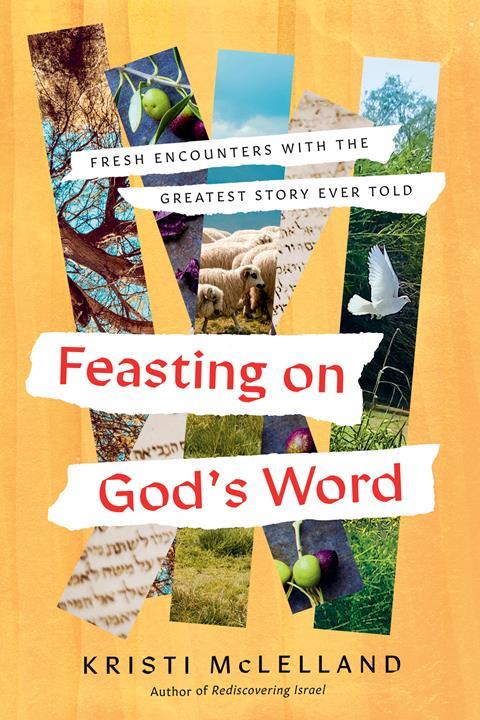Kristi McLelland’s new book Feasting on God’s Word uses the metaphor of a feast to explore scripture. While the book offers some helpful insights, structural issues and an uneven focus weaken its overall impact, says Nike Aremu

Kristi McLelland’s Feasting on God’s Word invites readers to explore scripture by using the metaphor of a feast.
“The Scriptures are a feast. They are meant to be experienced, taken into our hearts and lives as we trust they will do their work in us,” writes McLelland.
Her book focuses on encouraging spiritual growth by deepening one’s relationship with the Bible. It broadly fits into two genres: Christian Living and Inspirational and Motivational, offering readers practical guidance on how to weave faith into everyday life, while also providing encouragement, hope, and a renewed perspective on their walk with God.
There’s no doubt that McLelland is deeply knowledgeable about both the Bible and Jewish culture, a strength likely shaped by her multiple trips to Israel. She uses vivid imagery to drive her message home - such as encouraging readers to capture trials in pen and blessings in pencil, a particularly poignant device. Another highlight is her focus on the Sabbath, framing it as an anchor rather than just a religious observance. Real-life examples throughout the book add relatability and ground the message in everyday experience. She also does an excellent job of connecting the past to the present.
However, the book is not without limitations. The structure at times feels somewhat disjointed. For example, the fragmented Rahab story and the unclear transition between Ruth and Judges disrupt the narrative flow. The reference to Skid Row also lacks context, leaving readers unsure of its relevance. Moreover, the book’s abrupt ending, asking if readers will let God come close without offering practical guidance on how, leaves the conclusion feeling unfinished and unsatisfying.

Although described as a Christian book, McLelland often blends Jewish sources with biblical references. While these cultural insights can be enriching, the lack of explanation for terms such as tsedakah makes some sections difficult to follow.
Despite its weaknesses, the book still offers helpful insights. Using food as a metaphor for spiritual nourishment helps readers grasp the importance of regularly ‘feeding’ on scripture and practising their faith. The image of feasting to represent God’s blessings and favour shows how his love and mercy are abundantly available, encouraging greater trust in his provision. McLelland also highlights how shared experiences like feasts, nurture Christian fellowship and community, reminding readers that faith is meant to be lived together.
Feasting on God’s Word offers a thought-provoking and immersive journey through scripture, but its execution is uneven. While McLelland provides insightful connections and vivid imagery, the inconsistent audience focus, unexplained Jewish terms, and abrupt transitions ultimately weaken the book’s overall impact.




































No comments yet